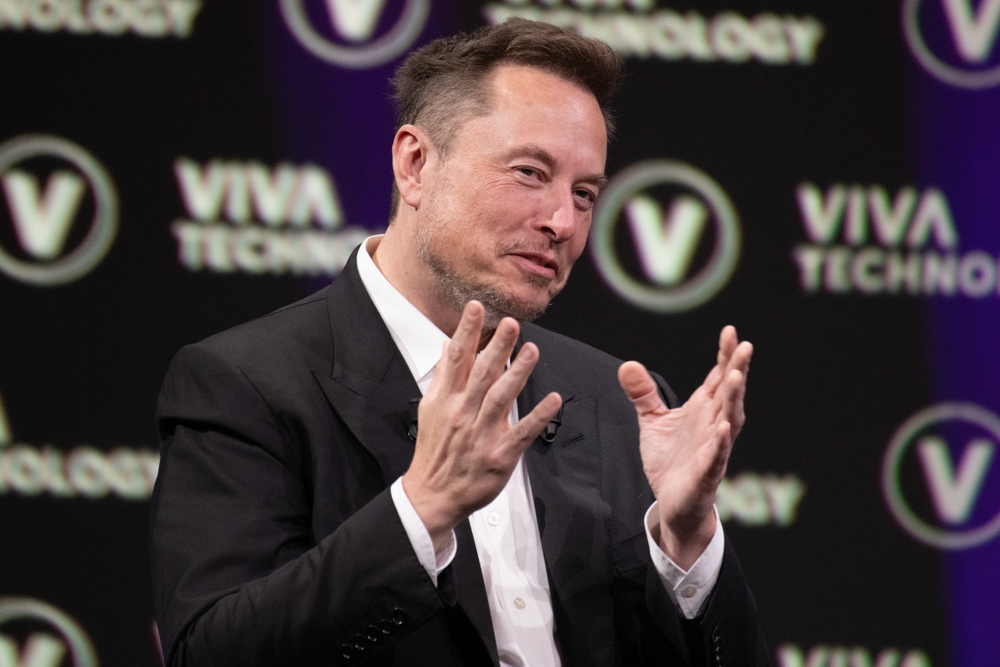Elon Musk’s comments on a controversial German party are making headlines.
Others are reading now
Elon Musk, known for his controversial political opinions, recently made headlines by stating that the positions of the German political party Alternative for Germany (AfD) “do not sound extremist.”
Elon Musk, the outspoken entrepreneur and CEO of Tesla, has once again ventured into political discourse.
Musk frequently shares his views on various political issues, not just in the United States but internationally as well.
His latest comments involve the German AfD, a party often described as right-wing extremist.
Also read
After the recent European elections, Musk praised the AfD on his platform X (formerly Twitter).
“The political positions of the AfD that I have read about do not sound extremist,” Musk wrote.
This statement came despite the Federal Office for the Protection of the Constitution classifying the AfD’s regional association as a suspected right-wing extremist group.
The AfD performed notably in the European elections, emerging as the second strongest party in Germany after the conservative CDU/CSU union and securing victories in local elections in Brandenburg.
Musk’s comments have stirred controversy given his established right-wing stance in American politics.
Musk’s History of Controversial Statements
Musk’s political interventions are not new.
According to Kurier, the Tesla CEO has previously engaged in debates with the German Foreign Office regarding migrant rescue operations in the Mediterranean.
Musk also interacted with the Austrian right-wing extremist Martin Sellner, questioning the legality of a deportation order.
In the U.S., Musk’s views align with far-right ideologies. He has made inflammatory remarks, such as accusing Jews of inciting hatred against whites and claiming that the Democratic Party supports illegal immigration for electoral gains. These statements have drawn a lot of criticism.
Since acquiring X, Musk has also been criticized for reducing content moderation under the guise of promoting free speech.
This decision has led to a rise in conspiratorial and extreme content on the platform.
Anti-Semitic and right-wing extremist messages have become more prevalent, exacerbating concerns about the platform’s role in spreading harmful ideologies.


